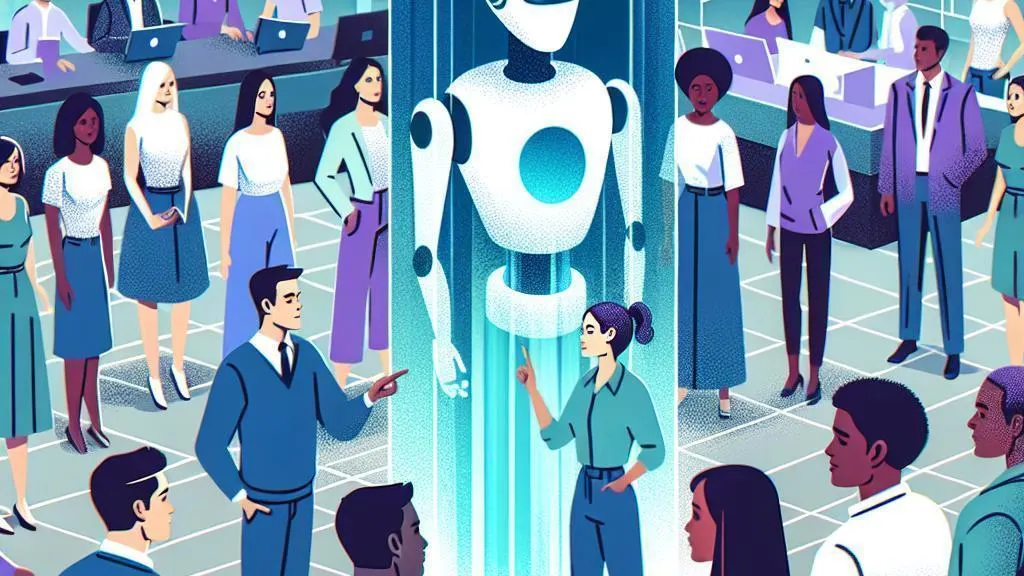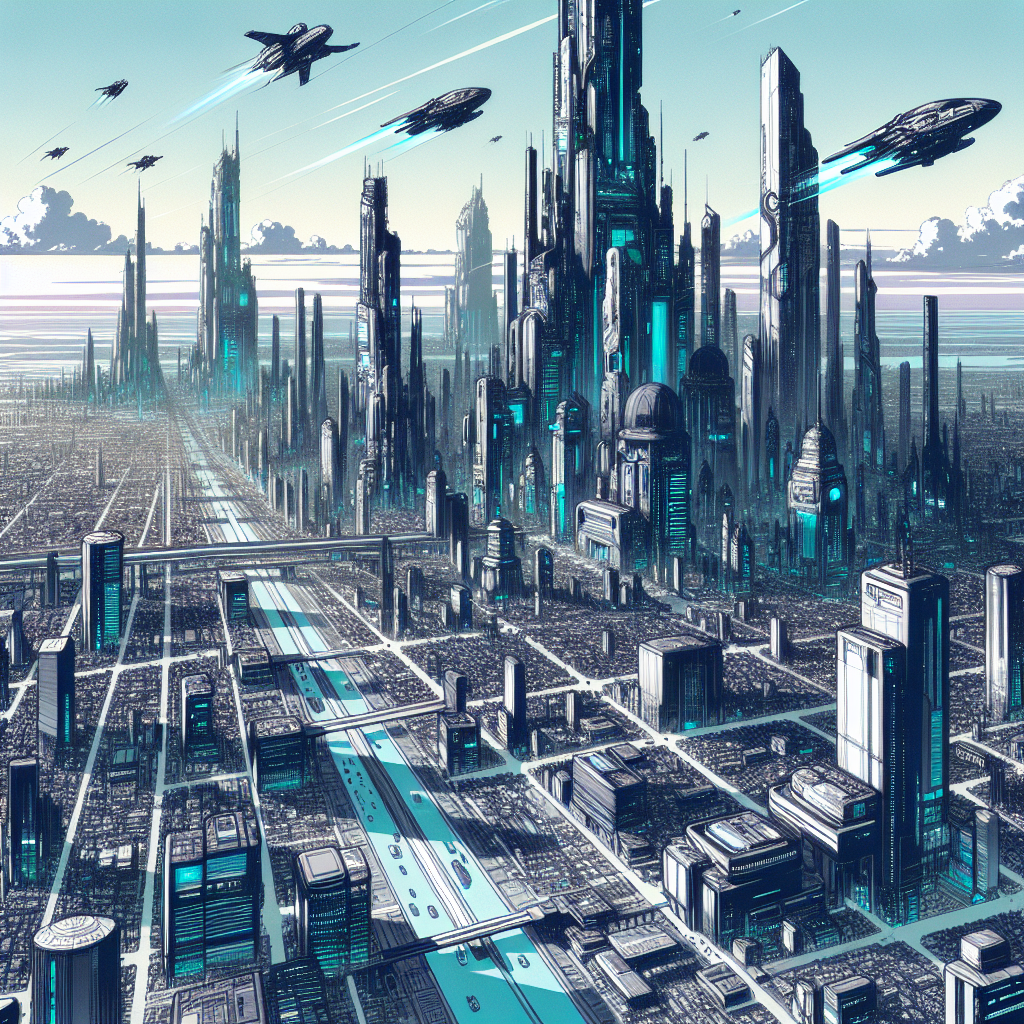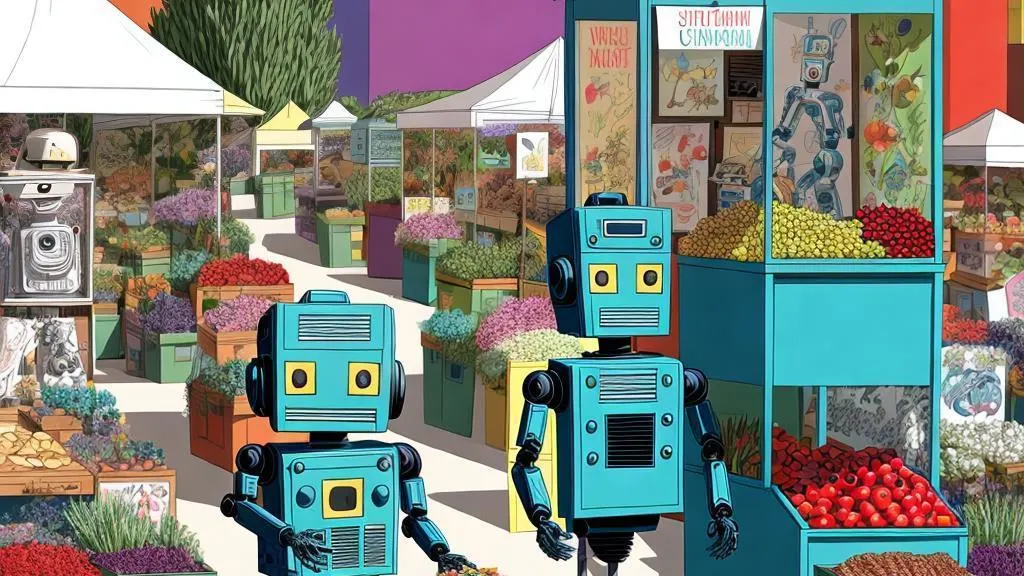What are the steps for small businesses to utilise AI tools for accurate cash flow forecasting?
Small businesses often struggle with cash flow forecasting, facing challenges such as limited resources and …

Unless you've lived under a rock, you've undoubtedly heard all the excitement and hype surrounding AI-powered tools like ChatGPT, Claude, and Gemini. Social media is abuzz, news headlines herald their arrival, and it seems everyone is talking about how these advanced language models will transform how we work, communicate, and create.
But amidst all the fanfare, an important question arises: How widespread are these tools in reality, and what tangible impact are they having so far? In this post, I'll dive into the current state of these AI tools, examining adoption statistics, real-world applications, challenges, and what the future may hold.
Before we assess the popularity and impact of ChatGPT, Claude, and Gemini, let's briefly review what these tools are capable of. Developed by companies like OpenAI and Anthropic, these sophisticated language models can engage in human-like conversations, answer questions, help with analysis and writing tasks, and even assist with coding and mathematical problem-solving. By training on vast corpora of online data, they've developed remarkable abilities in natural language processing and generation. Users interact with friendly AI personalities via chat interfaces, opening up exciting possibilities for retrieving information and accomplishing work.

So, just how many people are actually using ChatGPT, Claude, and Gemini? A new report by the Reuters Institute and Oxford University suggests that despite the tremendous hype, regular usage of these tools is still quite low. The survey of 12,000 people across six countries found that only 2% are using AI tools on a daily basis. Youth aged 18-24 are unsurprisingly likely to integrate this technology regularly into their routines.
Interestingly, the report's author, Dr Richard Fletcher, claims a stark gap exists between the outsized attention around AI and the relatively limited public adoption, with most people "misconstruing the hype around AI for the public interest." It's clear that awareness and curiosity are sky-high, but habitual usage hasn't yet followed suit for the vast majority.
That said, a separate report by Appfigures indicates that the launch of GPT-4 led to the single most significant spike in ChatGPT's downloads and revenue on mobile. So, while the portion of people engaging daily may still be small, ChatGPT's growth is still awe-inspiring (over 620 million visits and 100 million registered users since its launch in late 2022).
There's no denying that AI technology has made remarkable strides recently, and tantalizing glimpses of the future are coming into focus. Tools like ChatGPT and Claude showcase stunning, science fiction-esque capabilities that captivate the imagination. At the same time, it's essential to maintain perspective and understand the current limitations. While these language models are highly sophisticated, they still frequently hallucinate incorrect information, struggle with certain types of reasoning, and can reflect biases and inaccuracies from their training data.
Today's AI is narrow in scope—exceptionally capable at certain well-defined tasks but lacking the fluid general intelligence of humans. According to most experts, the path to Artificial General Intelligence (AGI) that can match human cognition's full depth and breadth is still likely many decades away.
In short, while AI's potential is immense and its current capabilities are already remarkable, we are still in the early innings of a long technological revolution. The hype may be outsized compared to where the technology stands today, but the reality is still objectively extraordinary and improving rapidly. Finding the right balance of enthusiasm and realism is critical.
For all the talk of what AI could do, what is it being used for today? Early adopters are harnessing tools like ChatGPT, Claude and Gemini in a myriad of ways:
While still not ubiquitous, the breadth of applications for AI assistance is steadily growing each day. For individuals, it's enhancing their work and turbocharging their productivity. For organizations, AI creates efficiencies, enables more data-driven decisions, and paves the way for new products and services. The potential economic impact is massive.

Of course, the rise of AI tools is not without significant challenges that need to be thoughtfully navigated:
Ethical Concerns: As AI advances, it is paramount to ensure it is developed and used responsibly. Key issues include mitigating harmful biases, preventing malicious use cases, and aligning AI systems with human values. At the same time, fears of AI taking away jobs or enabling grand deception must be balanced against its ability to benefit humanity. Ongoing research into AI alignment and ethics is crucial.
Technical Limitations: While they've come a long way, today's language models still have apparent deficienciess. They can produce inaccurate or nonsensical outputs, struggle with tasks requiring multiple steps or deep reasoning, and lack an understanding of the world. More advancements are needed to make AI reliably useful across all contexts.
Safety and Security: AI systems are not immune to traditional issues like hacking, data privacy breaches, or service outages. If they are compromised, bad actors could abuse them for misinformation, fraud, or other harmful acts at unprecedented scale and sophistication. Robust safeguards are essential.
User Trust and Understanding: Some people have understandable reservations about relying on AI tools, either due to distrust in the technology, confusion about its capabilities, or unease with a lack of transparency in how it works. Communicating the abilities and boundaries of AI is essential for driving adoption.
Integration Challenges: To maximize AI's potential, it must be integrated into existing workflows, products and systems. But this is often easier said than done. Not every task or need maps cleanly to what AI can do (at least currently). Organizations may struggle to adapt their processes or suite of tools to capitalize on AI's benefits.
While the portion of people using AI tools like ChatGPT, Claude, and Gemini regularly is still relatively small, their cultural mindshare and potential impact are undeniably immense. There is a clear gap between the hype and the reality of adoption today, but that fact is still awe-inspiring in its own right.
Early adopters find transformative benefits from AI assistance across various industries and use cases. At the same time, significant challenges remain around ethics, safety, user trust and more. We are in a transition period where the technology's usability is still catching up to its hype and aspirational potential.
In the coming years, I believe we'll see usage of these tools steadily spread into the mainstream as they grow more advanced and user-friendly. Integrating AI into our daily workflows will become increasingly expected and commonplace. However, the path there requires ongoing innovations and thoughtful stewardship to realize the tremendously bright future that these technologies make possible.
The popularity and impact of AI will only grow, and I, for one, am excited to see where the journey leads. The hype may be ahead of reality for now, but reality gets more exciting by the day.
Some other posts you may like

What are the steps for small businesses to utilise AI tools for accurate cash flow forecasting?
Small businesses often struggle with cash flow forecasting, facing challenges such as limited resources and …
July 04, 2024
Read More
How to use chat GPT for affiliate marketing
Identifying a profitable niche takes precedence in the ever-competitive realm of affiliate marketing. The rise …
July 04, 2024
Read More